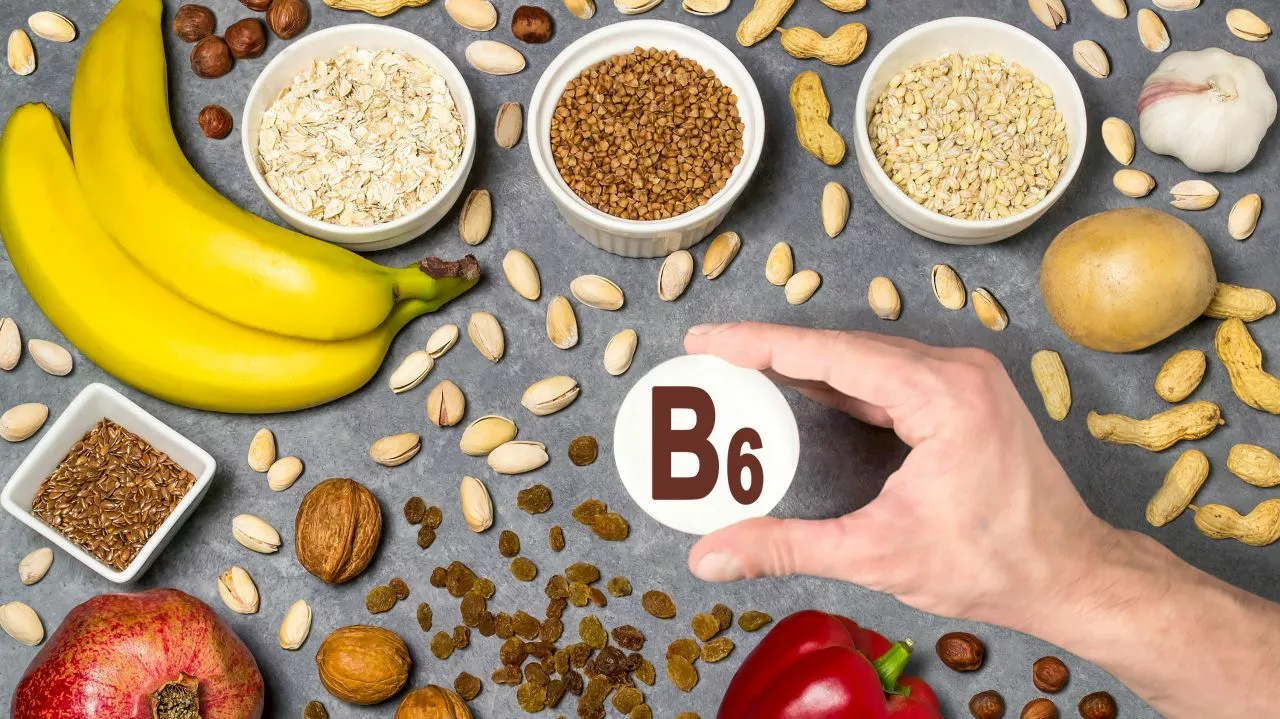Vitamin B6: What It Does, How Much You Need, and Where to Get It
If you’ve heard of Vitamin B6 but aren’t sure why it matters, you’re in the right spot. This vitamin helps your brain, nerves, and metabolism work smoothly. Below we break down the basics, the amount most adults should take, and easy ways to add it to your meals.
Why Vitamin B6 Matters
B6 is a water‑soluble vitamin that supports several key processes. It helps turn food into energy, makes important brain chemicals like serotonin and dopamine, and assists the body in making red blood cells. Without enough B6 you might feel tired, have mood swings, or notice skin issues such as cracked lips.
Another big win for B6 is its role in keeping your immune system strong. Research shows that adequate B6 levels help white blood cells respond better to infections. That’s why doctors often check B6 status when you’re dealing with frequent colds.
How to Get Enough B6
The Recommended Dietary Allowance (RDA) for adults is about 1.3 mg per day, rising slightly after age 50. Most people can hit this number by eating a balanced diet. Good sources include chicken breast, tuna, salmon, potatoes, bananas, and fortified cereals.
If you’re vegetarian or vegan, focus on beans, nuts, seeds, and whole grains. A cup of cooked chickpeas provides roughly 0.5 mg of B6, so pairing them with a banana can get you close to the daily target in one meal.
Supplements are an option when diet falls short. Look for products that list “pyridoxine hydrochloride” as the active ingredient and avoid mega‑doses unless your doctor recommends them. Doses above 100 mg per day can cause nerve problems over time, so stick to the label’s guidance.
When you shop online, choose a pharmacy that verifies its suppliers and offers clear labeling. SecureTabsPharm checks each batch for purity and provides a “B6 safety badge” on products that meet our standards.
Putting B6 into your routine is simple. Add a sliced banana to breakfast cereal, toss some bell pepper strips into a stir‑fry with chicken, or snack on a handful of roasted pumpkin seeds. These tricks give you the vitamin without extra effort.
If you’re pregnant, your doctor may suggest a slightly higher intake (around 2 mg) because B6 supports fetal brain development. Always discuss any supplement changes with your healthcare provider, especially if you take medication that interacts with B6 such as certain antiepileptics.
Bottom line: Vitamin B6 is easy to include in everyday meals, and the right amount can boost energy, mood, and immune health. Keep an eye on your diet, choose reputable supplements when needed, and you’ll give your body a solid nutritional edge.

Vitamin B6: The Secret Weapon for Boosting Your Energy and Overall Health
I recently discovered the incredible benefits of Vitamin B6, which I like to call the secret weapon for boosting energy and overall health. This essential nutrient plays a vital role in promoting brain function, maintaining a healthy immune system, and even improving our mood. I found that incorporating Vitamin B6-rich foods like poultry, fish, and bananas into my diet gave me a noticeable boost in energy. Not only that, but it also helps in reducing symptoms of depression and anxiety. I highly recommend looking into Vitamin B6 to give your health that extra boost you've been searching for!
© 2026. All rights reserved.
